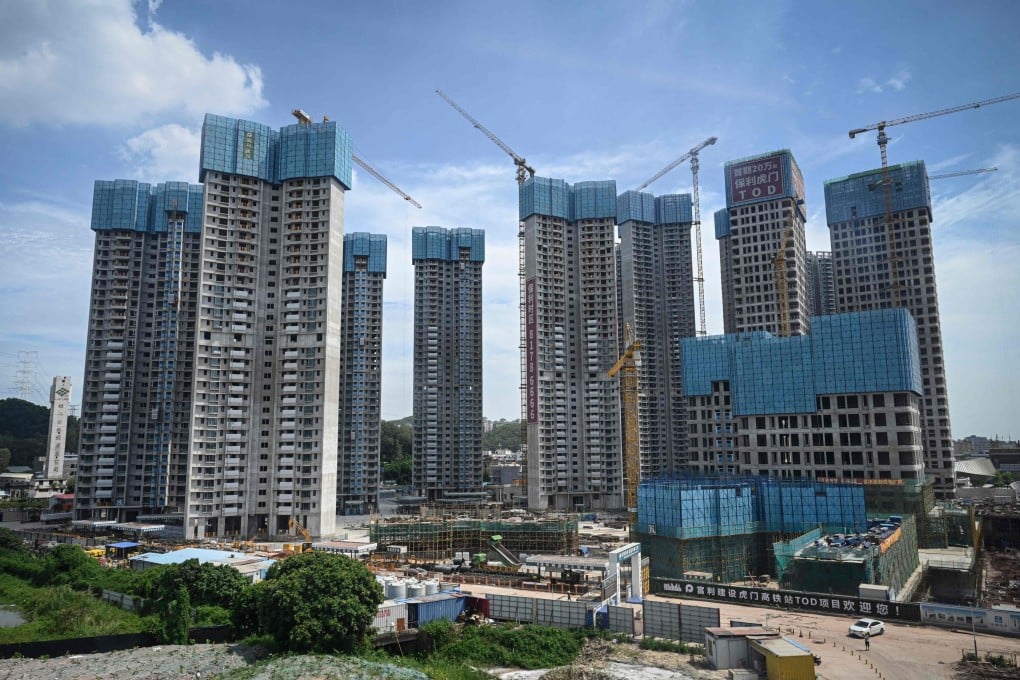Advertisement
The View | Massive stimulus to revive China’s ailing property market is a fool’s hope
- There are good reasons to believe a far more restrained approach will prevail as Chinese policymakers try to revive a flagging economic recovery
- Even if the government provides meaningful support, the overriding priority is to stabilise the market as opposed to stimulating it too much
Reading Time:4 minutes
Why you can trust SCMP
1

It is a testament to how bleak market sentiment towards China is that “double dip” has become one of the most frequently used terms to describe the performance of the economy, just seven months after Beijing scrapped its “zero-Covid” policy, putting an end to three years of self-imposed isolation.
Nomura began using the phrase last month in response to the sharp deterioration in economic activity in the second quarter of this year. The bank estimates that China’s economy barely expanded compared with the first quarter, when it grew 2.2 per cent. One of the reasons Nomura is bearish on the outlook for growth is that it does not anticipate “bazooka-like” stimulus measures.
The unexpectedly rapid reopening of China’s economy shows that Beijing still has the capacity to stun markets in a positive way. However, when it comes to the ailing property sector, there are good reasons to believe that a far more restrained approach will prevail.
In a report published on June 16, Nomura said “markets should curb their expectations for a fast, cure-all package” of stimulus measures to revive the depressed housing market.
Given that investors have been repeatedly disappointed by Beijing’s confusing policy response, it is unlikely that expectations are high. This does not mean, however, that Beijing is free from pressure to take more decisive and forceful steps to restore confidence in the depressed housing market, particularly since the sector is the main culprit for the much weaker-than-expected economic recovery.
There were tentative signs earlier this year that the severe strains on China’s real estate market were easing. Sales and prices began to recover while a partial loosening of curbs on borrowing by cash-strapped developers alleviated the liquidity crisis, but those quickly gave way to a renewed deterioration in the fundamentals of the industry.
Advertisement
